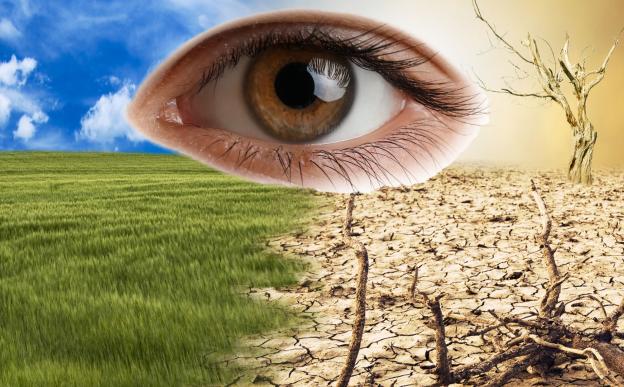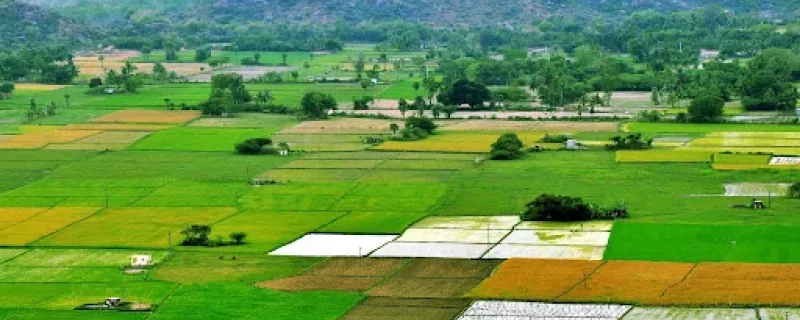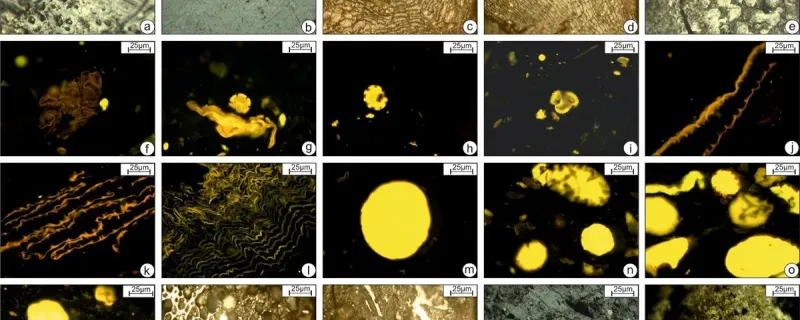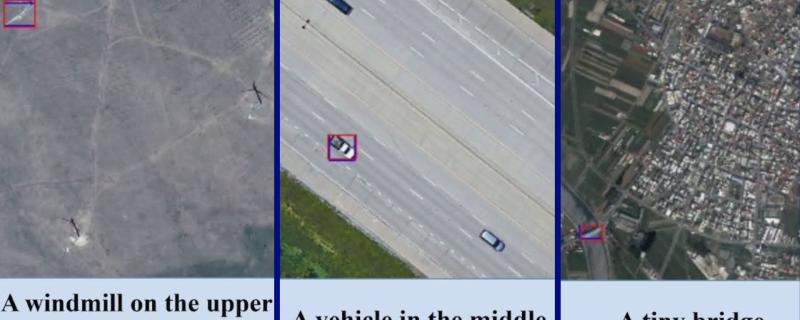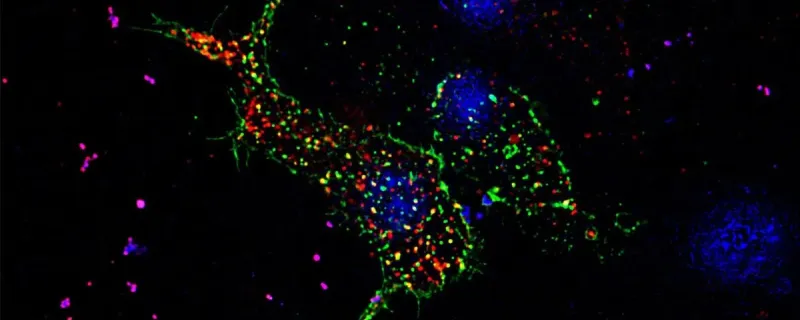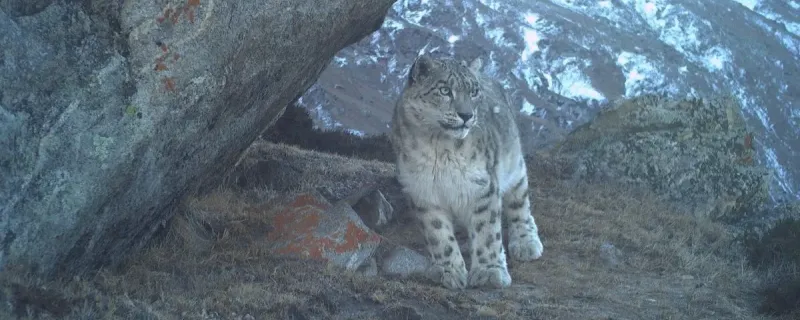Analysing data from 1975 to 2014, a study examining changes through three waves over 40 years by researchers at IIT Bombay and the University of Hyderabad found that productivity in India's semi-arid tropics depends less on farm size and more on access to inputs, credit, and markets.
A new review reveals that rising global temperatures, increased pollution, and extreme weather events are driving a global surge in eye diseases, disproportionately affecting vulnerable communities and challenging healthcare systems.
Roorkee/
